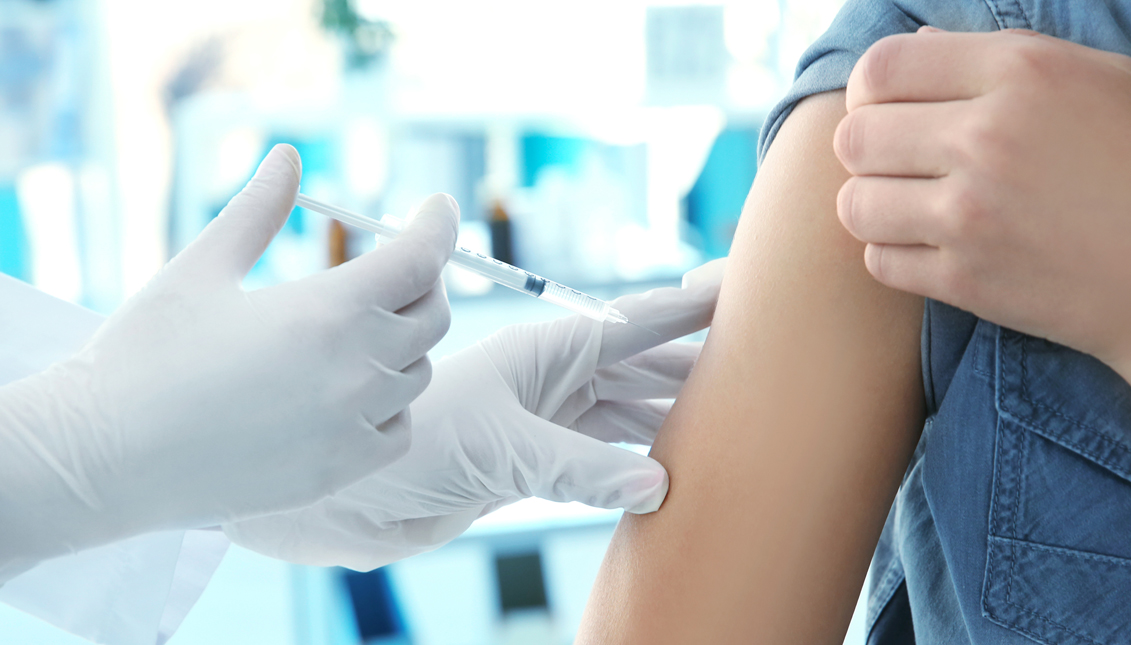
Young children are beginning to get vaccinated against COVID-19
Nearly one year after the initial vaccine rollout, some of the nation’s youngest children are finally eligible to receive it.
In the next phase of the nearly two-year battle against COVID-19, health officials have begun administering the vaccine to our youngest generation.
On Oct. 29, the U.S. Food and Drug Administration (FDA) officially authorized the emergency use of the Pfizer-BioNTech COVID-19 vaccine for prevention of COVID-19 to include children between the ages of 5 and 11 years old.
This authorization marked just the latest step as the nation aims to continue its fight against the pandemic.
“The vaccines have been available for adults for some time now, so we have seen hundreds of millions of people get the vaccine [and] we’ve really seen the safety,” said Dr. Denise Johnson, Physician General at the Pennsylvania Department of Health.
“I think that we’ve seen now that all that data has been evaluated and ready to be administered to kids, so we’re all excited about that,” she added.
On Nov. 2, the Centers for Disease and Control (CDC) officially gave the green light to begin administering the vaccine.
While adults and children over the age of 12 receive about 30 micrograms of the COVID-19 vaccine, children between the ages of 5 and 11 are to receive a lower dose of 10 micrograms.
Dr. Johnson detailed that the determination of the appropriate dose is based on having enough antigens to stimulate the immune system, but also a low enough dose to minimize the side effects.
According to the Centers for Disease and Control (CDC), approximately 8,300 COVID-19 cases in children between the ages of 5 and 11 have resulted in hospitalization since the start of the pandemic.
The vaccine will go a long way towards reducing the number of children hospitalized moving forward.
Similar to the adult doses, young children will be considered fully vaccinated after taking two doses of the vaccine three weeks apart.
From the start of the vaccine rollout, the state has been very diligent in producing ways to get more people vaccinated against COVID-19.
“We've sent out information to providers, we've also had conversations with many groups that outreach to parents and their families about vaccination,” said Dr. Johnson.
RELATED CONTENT
“And we also recommend that people speak with their trusted healthcare providers; they can be a really good credible source of information if people are having any questions,” she added.
As of Nov. 22, more than 2 million children, or about 7% of children, under the age of 12 have received their first shot against the coronavirus. In Pennsylvania, that number is at 9.8%.
In early November, Pennsylvania Governor Tom Wolf announced his decision to allow schools to decide whether to keep their mask mandate in place beginning in January.
“When schools started this year, I think we were all concerned that we had a large population of students who were not yet eligible for vaccination so that they could not take advantage of that measure of protection. Now that we have vaccinations extended to school-aged children, we have the opportunity now to get more students vaccinated so that we can get ourselves past this pandemic,” said Dr. Johnson.
“Our major goal right now is to focus on all of those eligible to be vaccinated to get them vaccinated so that they can protect themselves against those COVID-related illnesses and hospitalizations, and that they can stay in school safely and have that in-person learning that they missed last year,” she continued.
Overall, about 81% of Pennsylvania’s total population has received at least one dose of the vaccine, with 61.4% of the state’s population fully vaccinated, according to Health Data.
“Every day we're making progress, and Pennsylvania has done a really great job of getting people vaccinated,” added Dr. Johnson. “Now that we have this new group of children, we are pulling out all the stops so kids can get vaccinated with their pediatricians or family doctor, pharmacists, and many other providers.”
In addition, the state has begun working with school districts to have vaccine accessibility in schools for children who are unable to go to doctor’s offices or clinics.



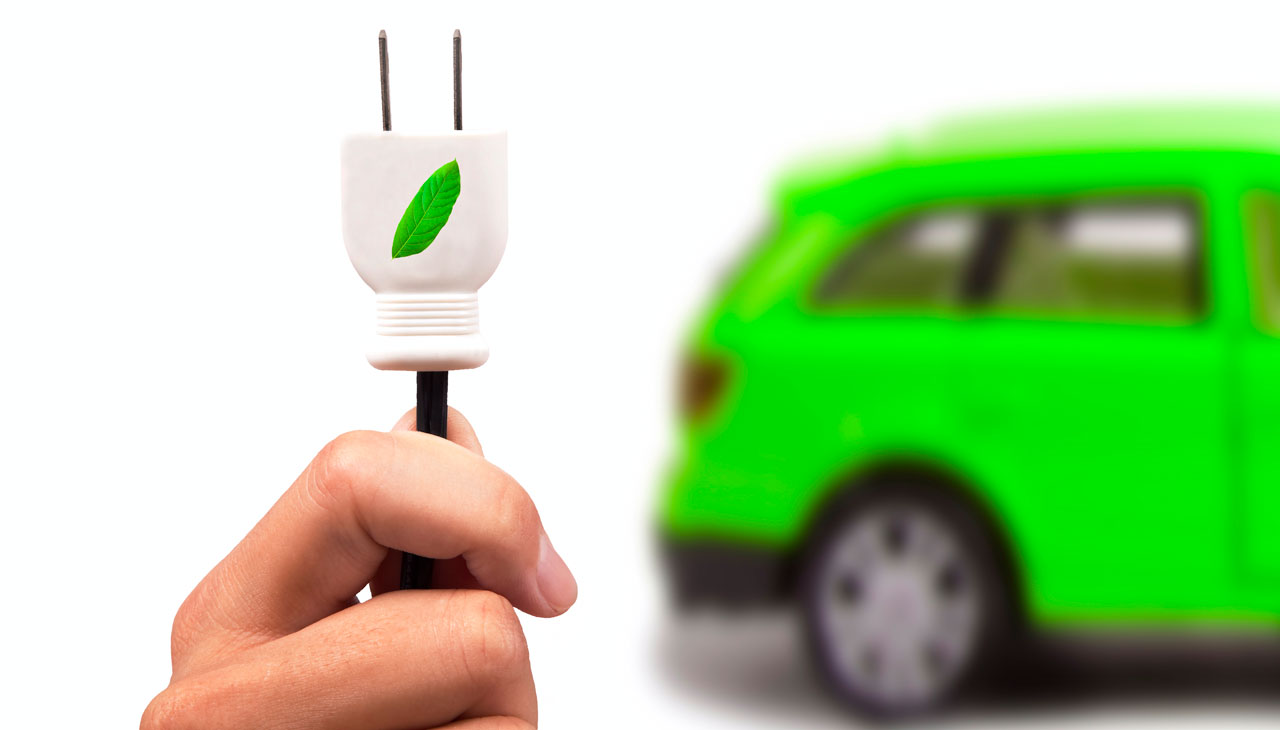


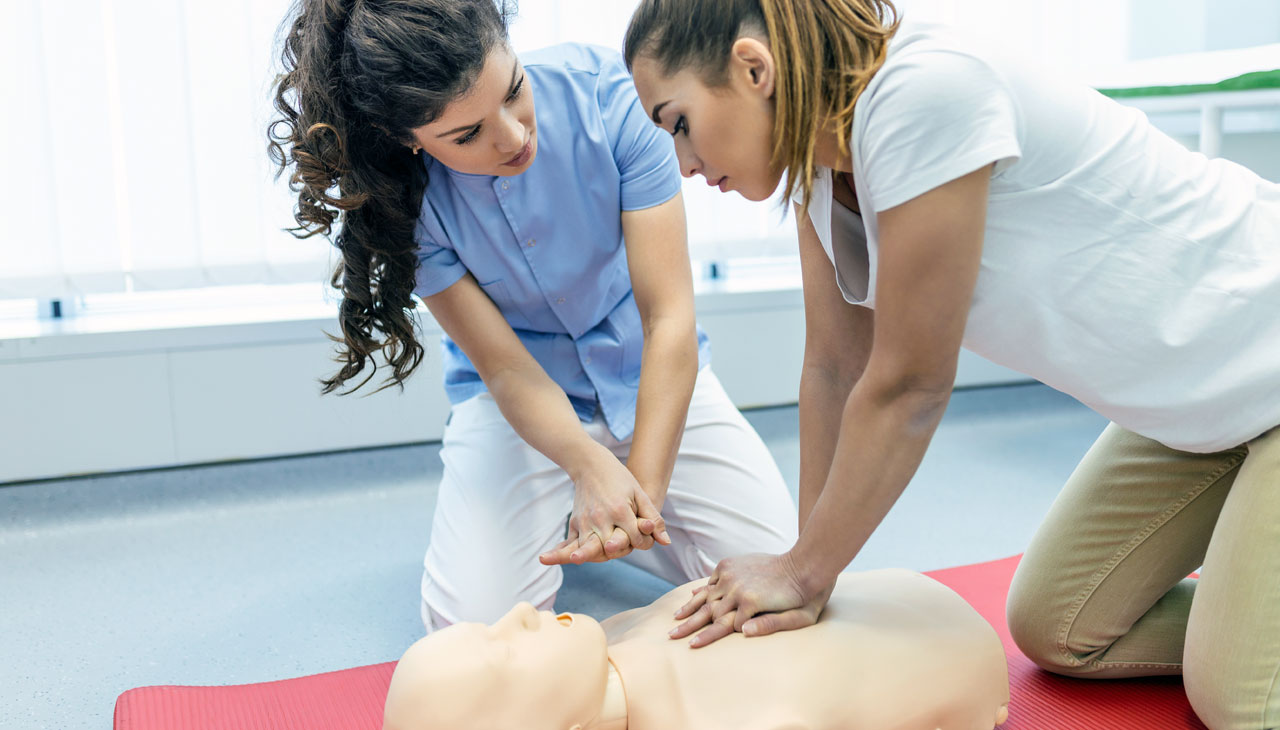

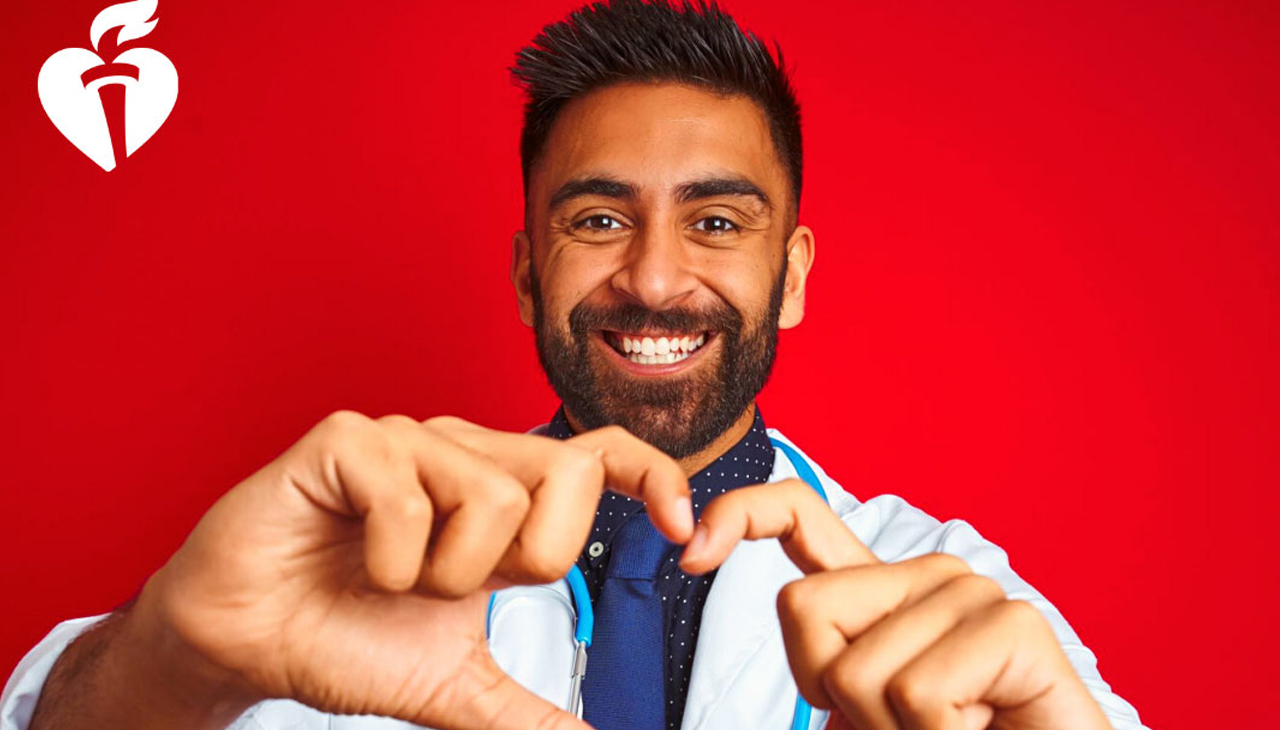
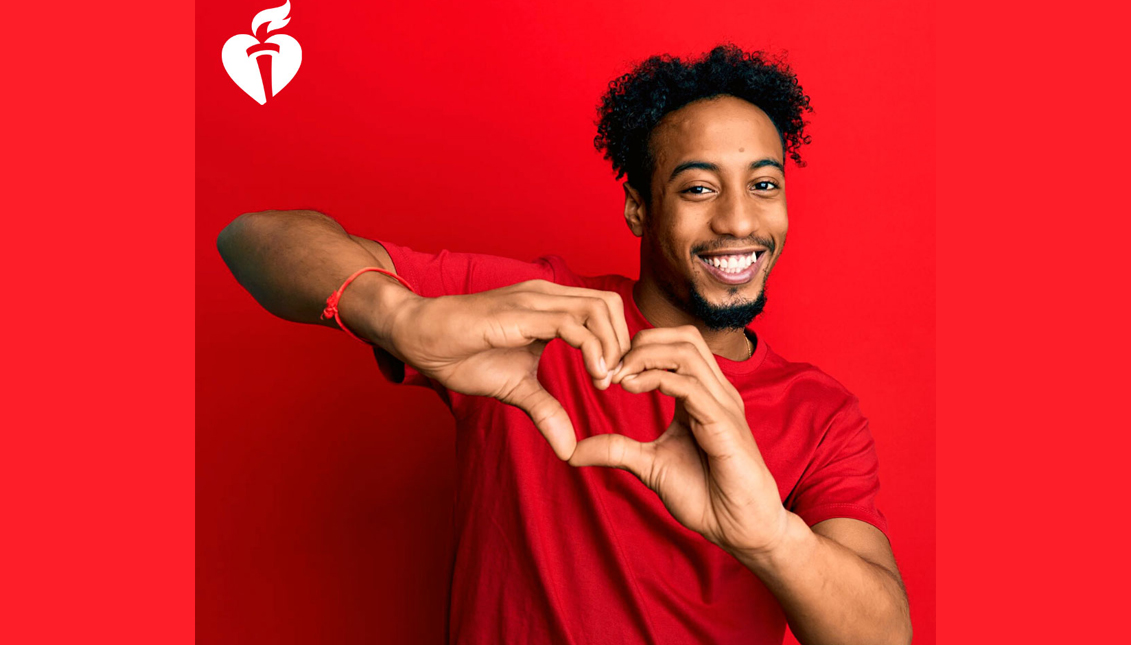

LEAVE A COMMENT:
Join the discussion! Leave a comment.